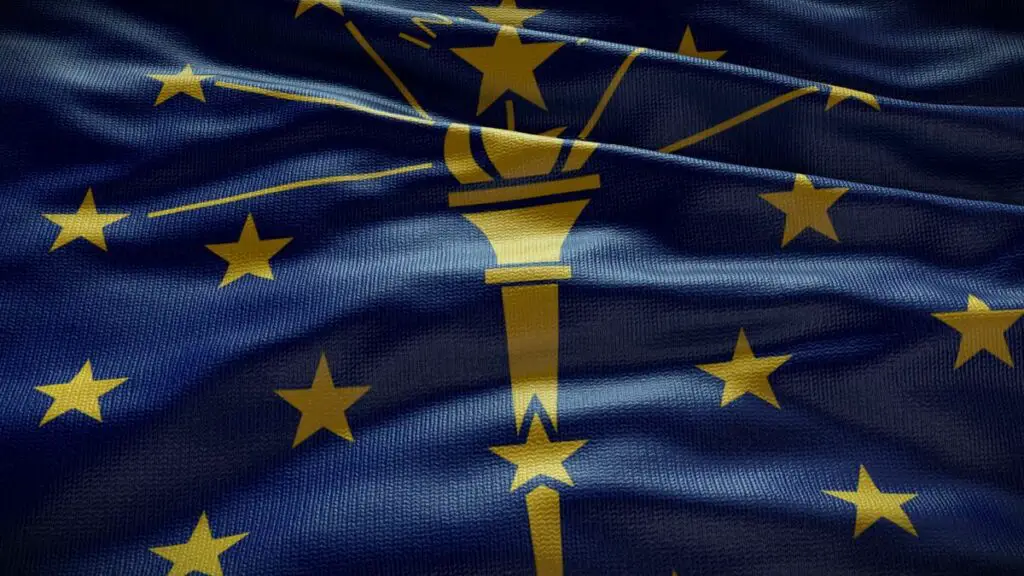If at first you don’t succeed, try, try again! This old saying, often told to kids as they struggle with disillusionment after a setback, also works well in legislatures. Most proponents of a mandatory personal financial literacy class for high school graduation will not see such a course become a reality with their first bill in the state legislature. Public school curriculum is a complex and expensive beast, and any new requirement in terms of classes will undoubtedly receive some pushback. However, a bill that doesn’t make it to the governor’s desk in one legislative session may gain momentum and achieve its goal in the next session.
In Indiana, a new bill in the state House of Representatives, HB 1281, aims to create a mandatory personal financial literacy class for high school graduation. A similar bill has already been proposed in the state Senate, SB 35, so this should bode well for creating the financial literacy course. Prominent bills in both chambers of the Indiana legislature should signal broad support for the proposed class and win majorities. Hopefully, Indiana will become the next state to require a standalone personal financial literacy class for high school graduation.
Author of HB 1281 Has Personal Connection With Financial Literacy
State Representative Dave Hall (R-Norman) is a strong champion of personal financial literacy, as he and his wife paid off their outstanding debt in 2018 after completing a Financial Peace University (program by financial literacy guru Dave Ramsey) course. Inspired by the Dave Ramsey course, Hall went on to sponsor a financial literacy program for high school students through Ramsey Education. Up to 250 high school seniors got to benefit from Hall’s sponsorship, and hopefully, Hall’s passion and work ethic will help push HB 1281 all the way to the governor’s desk for a signature.
Improvement is needed in Indiana, as its current high school financial literacy standards date back to 2008. However, the standards are thorough compared to those of other states, giving Indiana a “B” grade for financial literacy education from the American Public Education Foundation. Achieving an “A” requires implementing a mandatory standalone personal financial literacy course, which 15 states have accomplished. However, due to rollout times, eight of those 15 states have not mandated the requirement for this year’s high school seniors.
Fortunately, Dave Hall and Mike Gaskill (author of SB 35) are not the only drivers of financial literacy for young people in the state. A local chapter of the Dollars & $ense nonprofit has partnered with the University of Indianapolis to provide financial literacy education to teenagers in central Indiana. Participating 9th-12th graders are eligible to compete for scholarship money in the 100 Black Men in America National Financial Literacy Competition. The Indianapolis Public Library is also looking to help citizens with financial literacy. A calendar of free events lets residents of the state’s largest city learn about key financial concepts, such as how to file one’s taxes.
Helping with the push for financial education is the Indiana Council for Economic Education, which includes resources and competition related to personal finance and economics. Middle school and high school students can compete in both the Economics Challenge and the Personal Finance Challenge, and the ICEE offers a Family Financial Fun Night to help younger students learn about financial literacy.

